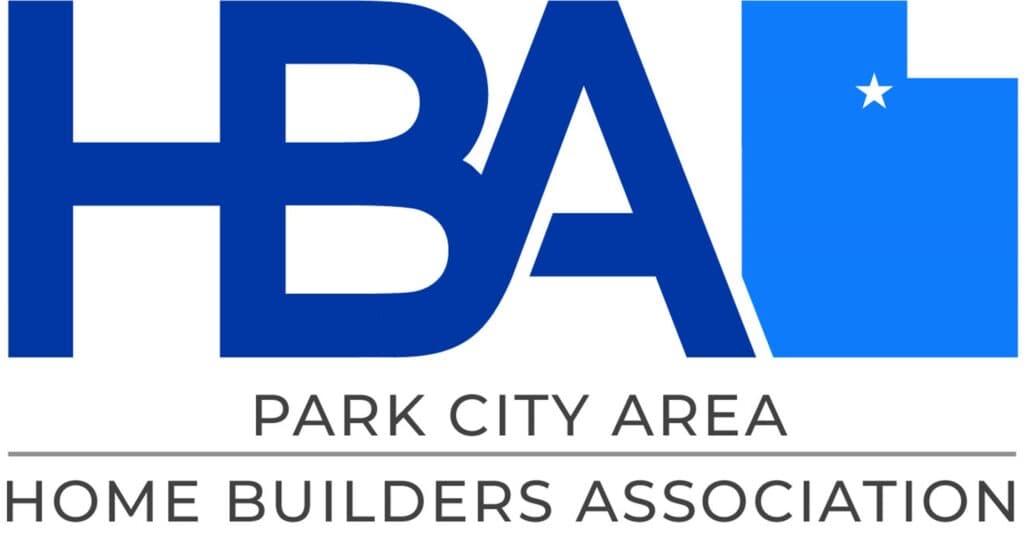Are you planning to have your home remodeled? NARI, the National Association of the Remodeling Industry, offers tips for homeowners to stay on top of each home-improvement project.
Pre-Planning Tips
The first step to take is pre-planning, which can be started by making two lists about the room that you want to remodel:
Things that you like and things that you dislike.
Then, write out:
- Features you wish you could have
- Features that you want
- Features that you need for the new room
- Pick out some possible color swatches
- Who will be using the room?
- What it will be used for when the project is complete?
Planning Tips
- NARI suggests that homeowners who want to start a project this fall start planning now. “Finding the right design, choosing a professional remodeler, and securing the necessary financing for a home improvement project can sometimes take months,” says Julius Lowenberg, president of NARI. Also, your remodeler may not be able to begin work immediately if he or she is currently working on another project.
- After pre-planning, you will want to meet with your remodeler. He or she will take a walk through your house to get a feel for the traffic flow in the home and find out where the mechanical systems of the house are located. Tell them everything that you want from the lists that you made during your pre-planning, and be prepared to tell your remodeler what your budget is for the project.
- From this preliminary meeting, the remodeler will take some time to draw up the plans. Some remodelers have architects or designers in the industry on staff, which is called “design/build.” When the plans are ready, you will be asked to review and make revisions to the plans and make a deposit to begin the work. The final plans will include an outline of the job including the materials, products, remodeler’s notes, finish details, and pre-priced options and upgrades.
- Your remodeler may give you a timeline that outlines the steps in the remodeling project. Don’t rely solely on this timeline because several variables can have an impact on the length of the project, such as availability of special-order items or materials. It is important to maintain constant communication with the remodeler so you can understand any changes that may take place in the schedule.
- Once you sign the contract to begin the job, you have three days to change your mind. This is called your legal “right of rescission.” After the three days, your remodeler will organize schedules, order materials, and apply for the needed permits. Arrange another meeting with your contactor just to go over the details so that both of you are clear on what is about to happen.
- Right before the remodeling project begins, remove hangings from the walls in and around the work area. Prepare yourself for a roller coaster of emotions; your initial excitement will dip once the construction begins. At different stages in the process, it’s normal for your feelings to go up and down. Just remind yourself that your original enthusiasm will return when the room is finished.
- When the final days start to come around, do a walkthrough of the area and make a list of any adjustments that you want to be made. This will be your remodeler’s guide to last-minute fix-ups. Once everything is complete, it’s time to enjoy your new room.
Is Your Contractor Certified?
Before homeowners hire a contractor, the National Association of the Remodeling Industry (NARI) suggests that homeowners ask, “Are you certified?”
NARI’s Certified Remodeler (CR) program offers a measure of skill and expertise valued by consumers and by other professional remodeling contractors as well. Highly respected by those who have achieved the designation, the CR program identifies professional remodeling contractors who have undergone comprehensive review and testing in areas of business management, ethical conduct, and technical skills. In addition, they must also adhere to NARI’s strict Standards of Practice and Code of Ethics.
“The CR program inspires confidence with my clients that I have the most up-to-date certification available in the professional remodeling industry,” said Don Van Cura, CR, CKBR, CLC of Don Van Cura Construction Co. in Chicago.
The NARI CR program assesses the knowledge and skills of the remodeling contractor in more than 20 remodeling task areas including business methods and practices, building codes and construction law, planning and building site layout, and all trades skills required in remodeling a home. Attaining the CR designation requires the candidate to have been working full time in the remodeling field for at least 5 years and passing a comprehensive assessment exam. Preparation for this exam takes up to 16 weeks of intensive study and self-examination. CR designation proves the remodeling contractor’s knowledge, technical comprehension and skill in remodeling. Selecting a CR for your remodeling project assures that you will be working with the best in the field.
About NARI
Remodeling your home is a big decision. You want to be sure the remodeling company you hire is a reputable business, capable of delivering on your project to your satisfaction and with the utmost professionalism. The National Association of the Remodeling Industry, or NARI, provides a vetting process as a way for consumers to easily identify companies that have met the industry standard for business management and operations. Visit the NARI website to learn more.







